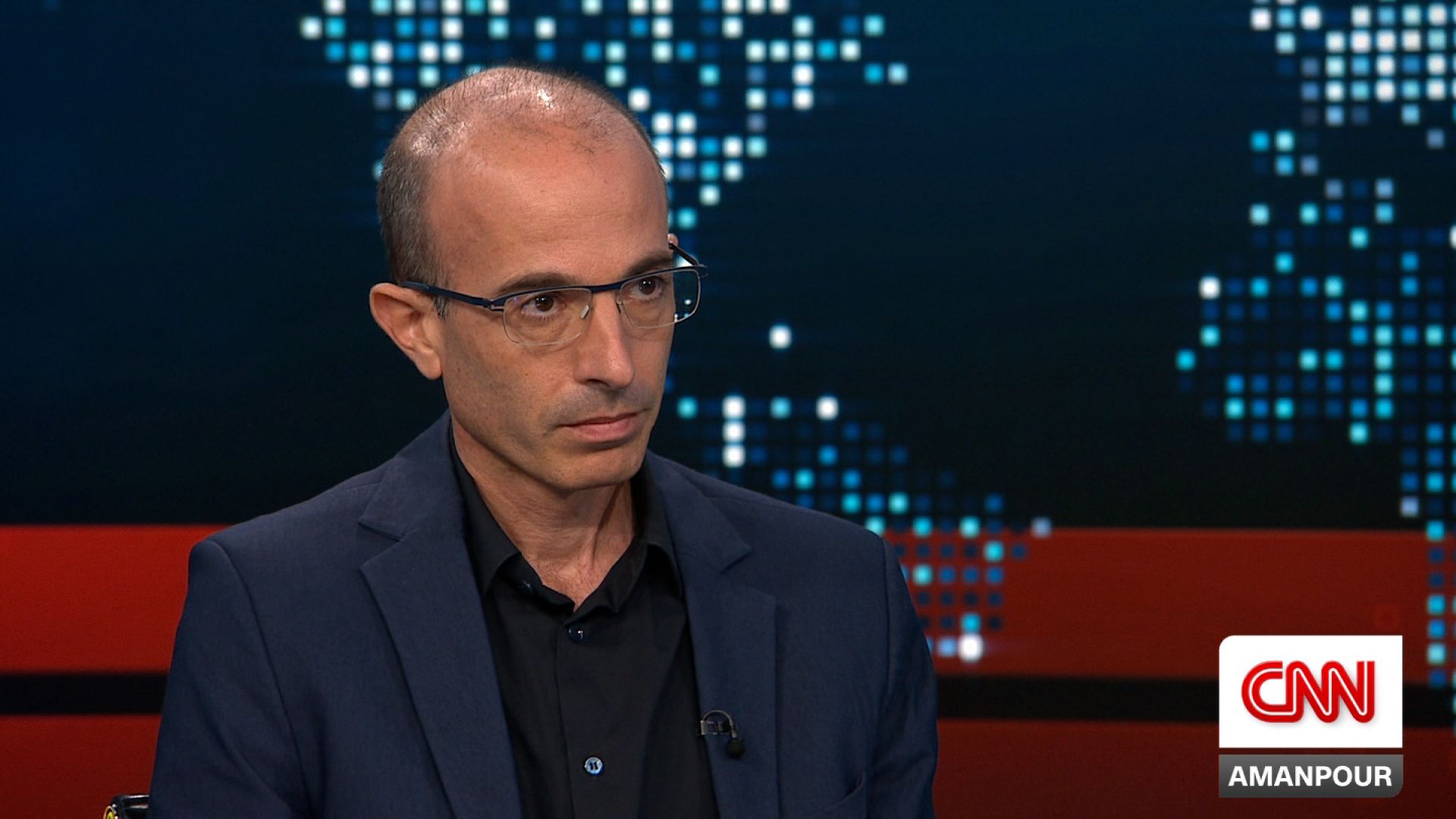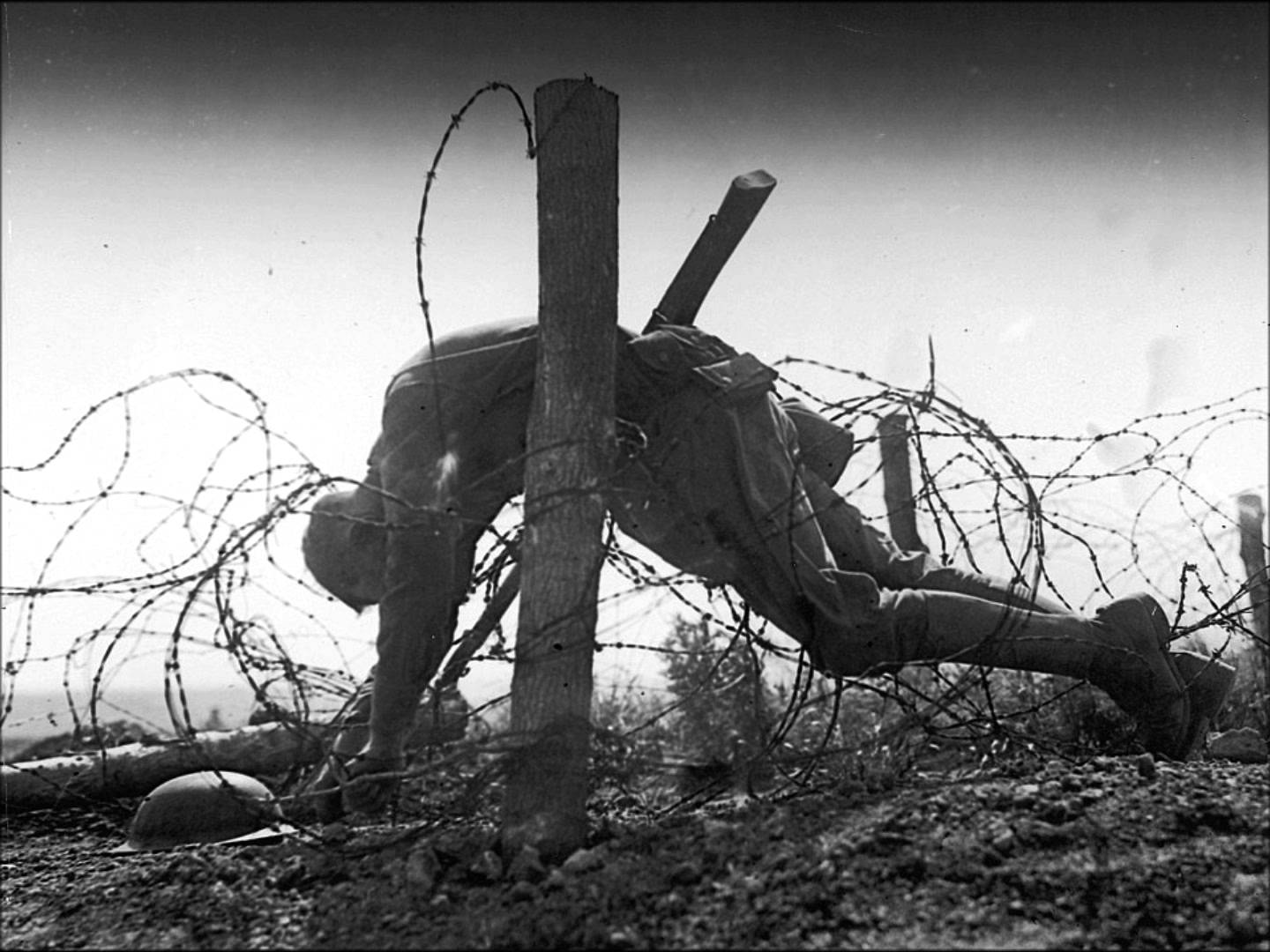Paradoxically, the more sacrifices we make for an imaginary story, the stronger the story becomes, because we desperately want to give meaning to these sacrifices and to the suffering we have caused.
In politics this is known as the ‘Our Boys Didn’t Die in Vain’ syndrome. In 1915 Italy entered the First World War on the side of the Entente powers. Italy’s declared aim was to ‘liberate’ Trento and Trieste – two ‘Italian’ territories that the Austro-Hungarian Empire held ‘unjustly’. Italian politicians gave fiery speeches in parliament, vowing historical redress and promising a return to the glories of ancient Rome. Hundreds of thousands of Italian recruits went to the front shouting, ‘For Trento and Trieste!’ They thought it would be a walkover.
It was anything but. The Austro-Hungarian army held a strong defensive line along the Isonzo River. The Italians hurled themselves against the line in eleven gory battles, gaining a few kilometres at most, and never securing a breakthrough. In the first battle they lost 15,000 men. In the second battle they lost 40,000 men. In the third battle they lost 60,000. So it continued for more than two dreadful years until the eleventh engagement, when the Austrians finally counter-attacked, and in the Battle of Caporetto soundly defeated the Italians and pushed them back almost to the gates of Venice. The glorious adventure became a bloodbath. By the end of the war, almost 700,000 Italian soldiers were killed, and more than a million were wounded.
After losing the first Isonzo battle, Italian politicians had two choices. They could admit their mistake and sign a peace treaty. Austria–Hungary had no claims against Italy, and would have been delighted to sign a peace treaty because it was busy fighting for survival against the much stronger Russians. Yet how could the politicians go to the parents, wives and children of 15,000 dead Italian soldiers, and tell them: ‘Sorry, there has been a mistake. We hope you don’t take it too hard, but your Giovanni died in vain, and so did your Marco.’ Alternatively they could say: ‘Giovanni and Marco were heroes! They died so that Trieste would be Italian, and we will make sure they didn’t die in vain. We will go on fighting until victory is ours!’ Not surprisingly, the politicians preferred the second option. So they fought a second battle, and lost another 40,000 men. The politicians again decided it would be best to keep on fighting, because ‘our boys didn’t die in vain’.
Yet you cannot blame only the politicians. The masses also kept supporting the war. And when after the war Italy did not get all the territories it demanded, Italian democracy placed at its head Benito Mussolini and his fascists, who promised they would gain for Italy a proper compensation for all the sacrifices it had made. While it’s hard for a politician to tell parents that their son died for no good reason, it is far more difficult for parents to say this to themselves – and it is even harder for the victims. A crippled soldier who lost his legs would rather tell himself, ‘I sacrificed myself for the glory of the eternal Italian nation!’ than ‘I lost my legs because I was stupid enough to believe self-serving politicians.’ It is much easier to live with the fantasy, because the fantasy gives meaning to the suffering.
Priests discovered this principle thousands of years ago. It underlies numerous religious ceremonies and commandments. If you want to make people believe in imaginary entities such as gods and nations, you should make them sacrifice something valuable. The more painful the sacrifice, the more convinced people are of the existence of the imaginary recipient. A poor peasant sacrificing a priceless bull to Jupiter will become convinced that Jupiter really exists, otherwise how can he excuse his stupidity? The peasant will sacrifice another bull, and another, and another, just so he won’t have to admit that all the previous bulls were wasted. For exactly the same reason, if I have sacrificed a child to the glory of the Italian nation, or my legs to the communist revolution, it’s enough to turn me into a zealous Italian nationalist or an enthusiastic communist. For if Italian national myths or communist propaganda are a lie, then I will be forced to admit that my child’s death or my own paralysis have been completely pointless. Few people have the stomach to admit such a thing.
Source: Yuval Noah Harari, Homo Deus. Copyright © 2017.



